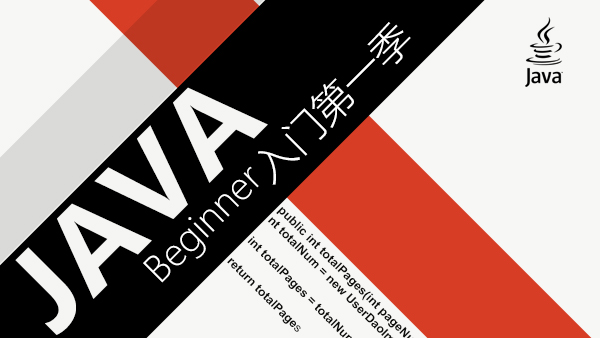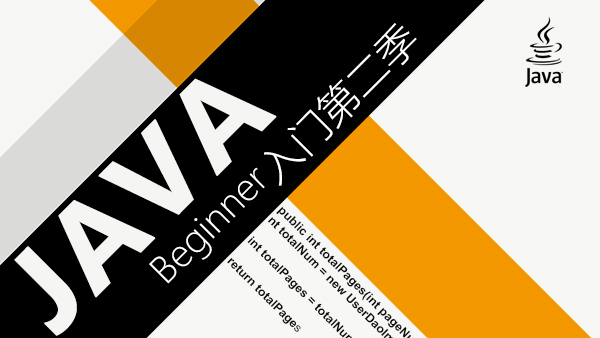前言
在早期没有使用maven之前,我们引用一些公有jar或者api jar,我们可能会采用这样的方式,通过手动导入这些jar到项目的classpath路径进行引用。
有了maven后,我们公司内部可能就会搭建maven私仓比如nexus,然后把这些公有jar或者api jar上传到nexus私仓,在pom.xml配置一下这些jar的坐标就可以引用。
今天我们的话题就是来聊聊项目打包发布到maven私仓常见的几种方式
发布到maven私仓的步骤
1.在maven的settings.xml中< servers >节点配置用户名和密码,形如下:
<servers>
<server>
<id>nexus-releases</id>
<username>admin</username>
<password>admin123</password>
</server>
<server>
<id>nexus-snapshots</id>
<username>admin</username>
<password>admin123</password>
</server>
</servers>
注: 其中id可先看做是一个标识。username和password为nexus私仓的用户名和密码
2、指定发布到nexus私仓的url并进行发布
方式一:pom.xml文件添加distributionManagement节点
形如下:
<distributionManagement>
<!--正式版本-->
<repository>
<!-- 在settings.xml中<server>的id-->
<id>nexus-releases</id>
<url>http://192.168.0.11:8081/nexus/content/repositories/releases/</url>
</repository>
<!--快照版本-->
<snapshotRepository>
<id>nexus-snapshots</id>
<url>http://192.168.0.11:8081/nexus/content/repositories/snapshots/</url>
</snapshotRepository>
</distributionManagement>
注:
- 如果存在parent,只需在parent中的pom.xml中配置,没有则在本项目的pom.xml配置即可
- < repository >节点下的< id >对应maven的配置文件settings.xml文件中的server的id,两者必须保持一致
- 上传到私仓的是正式版本还是快照版本,取决于pom.xml文件version中是SNAPSHOT还是RELEASE。比如你项目中配置如下
<groupId>com.example</groupId>
<artifactId>demo</artifactId>
<version>0.0.1-SNAPSHOT</version>
则上传到私仓的就是快照版本
最后执行maven的deploy命令进行发布
方式二:在maven的settings.xml中< profiles >节点配置< properties >,并在< properties >指定 < altSnapshotDeploymentRepository > 和< altReleaseDeploymentRepository >
形如下:
<profiles>
<profile>
<id>nexus</id>
<properties>
<altSnapshotDeploymentRepository>
nexus-snapshots::default::http://192.168.0.11:8081/repository/maven-snapshots/
</altSnapshotDeploymentRepository>
<altReleaseDeploymentRepository>
nexus-releases::default::http://192.168.0.11:8081/repository/maven-releases/
</altReleaseDeploymentRepository>
</properties>
</profile>
</profiles>
<activeProfiles>
<activeProfile>nexus</activeProfile>
</activeProfiles>
注:
- nexus-snapshots和 nexus-releases要和maven的配置文件settings.xml文件中的server的id,两者必须保持一致
- 属性altSnapshotDeploymentRepository和altReleaseDeploymentRepository是随maven-release-plugin 2.8版一起引入的。低于2.8版本,执行mvn deploy时,则会报如下错误
Deployment failed: repository element was not specified in the POM inside distributionManagement element or in -DaltDeploymentRepository=id::layout::url parameter
解决方案就是在发布的项目中指定一下2.8版本以上的插件,形如下
<build>
<plugins>
<plugin>
<artifactId>maven-deploy-plugin</artifactId>
<version>2.8.2</version>
</plugin>
</plugins>
</build>
最后再执行maven的deploy命令进行发布
方式三:通过mvn deploy指定参数
- 方法一:通过-D参数指定altSnapshotDeploymentRepository和altReleaseDeploymentRepository
形如下
mvn deploy -DskipTests -DaltSnapshotDeploymentRepository=nexus-snapshots::default::https://YOUR_NEXUS_URL/snapshots
-DaltReleaseDeploymentRepository=nexus-releases::default::https://YOUR_NEXUS_URL/releases
同理上述命令要执行成功,得确保deploy插件是基于2.8版本以上
- 方法二:通过-D指定要发布的jar的相关信息以及私仓地址,私仓id,私仓id要和settings.xml文件中的server的id保持一致
形如下
mvn deploy:deploy-file -DskipTests -Dfile=jar包文件地址,绝对路径 -DgroupId=组名 -DartifactId=项目名称 -Dversion=版本号 -Dpackaging=jar -DrepositoryId=私库id(和setting.xml文件中的server的id保持一致) -Durl=私仓地址
方式四:通过nexus的可视化界面进行上传jar发布
如下图
这几种发布方式的选择
方式一,通过distributionManagement这种方式发布,可能是大多数人的选择。但如果要发布的项目很多,我们就可以考虑使用方式二,通过在全局的settings文件配置altSnapshotDeploymentRepository 和altReleaseDeploymentRepository进行发布,只需配置一次,所有项目就都可以发布,无需在多个项目pom指定
方式一和方式二比较适合公司自己内部开发项目,对于一些第三方提供的jar,推荐使用mvn deploy -DrepositoryId=私库id(和settings.xml文件中的server的id保持一致) -Durl=私仓地址的方式或者直接使用nexus可视化界面上传的方式

 随时随地看视频
随时随地看视频




